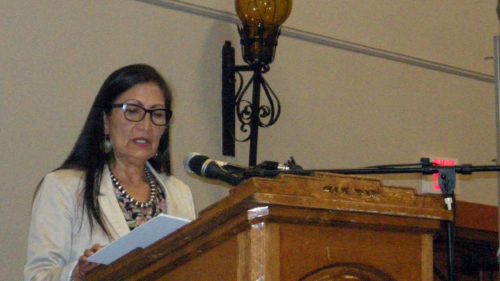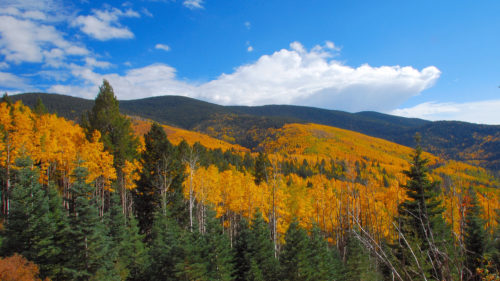SANTA FE — A bill to ban trapping and use of poisons on New Mexico’s public lands continues to advance in the state Legislature.
The House Judiciary Committee voted 7-to-5 on Monday to send the HB366 to the full House for consideration despite strong opposition from some members who said it threatens the livelihood of ranchers who rely on public lands.
The New Mexico Wildlife Federation opposes the bill, holding that the State Game Commission should address trapping and other wildlife management issues.
Jesse Deubel, executive director of the NMWF, testified at an earlier committee hearing this month that if legislators see any need to pass a law in regard to trapping that they should enact a different bill, Senate Bill 390, sponsored by Sen. Pete Campos, D-Las Vegas. Campos’ bill generally would leave it up to the New Mexico Game Commission to regulate trapping on public and private lands.
Michael B. Sloane, director of the New Mexico Department of Game and Fish, testified at Monday’s hearing that trapping has been shown to be an effective tool for wildlife management and for reducing human conflicts with wildlife.
Rep. Greg Nibert, R-Roswell, spoke against the bill at Monday’s hearing.
“The bottom line is you’re taking one of the tools away from both federal, state and private trappers in their ability to maintain predator control, particularly in my part of the world where the sheep and wool industry has been decimated by predation,” Nibert said.
Rep. James Townsend, R-Artesia, said the bill promises to cost the state’s agriculture industry millions in losses to cattle and sheep.
Townsend asked the bill’s sponsor, Rep. Matthew McQueen, D-Santa Fe, whether he had considered the financial effect. McQueen responded that the sheep industry, “has been in a pretty long, steady decline with trapping.”
The bill has been called “Roxy’s Law,” after a dog killed by an illegal trap in a recreation area north of Santa Fe. McQueen told Townsend he wasn’t willing changing the bill to allow trapping in more rural, sparsely populated areas of the state.
“I think trapping is cruel, and I think animals die a horrible death,” McQueen said.
Committee Chair Rep. Gail Chasey, D-Albuquerque, said people who lease public land for grazing don’t have an absolute right to determine what happens on it.
“We don’t have enough of the animals that eat coyotes, that’s our problem,” Chasey said. She said that after wolves were released in Yellowstone National Park, the coyote numbers were brought under control.
“I definitely will support the measure I think it’s probably better for our tourism economy,” Chasey said, noting that the state is a destination for people interested in hiking and hunting.



